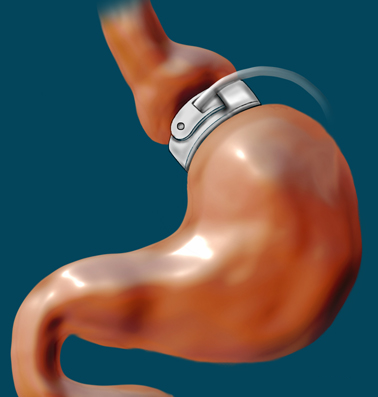
There’s all sorts of varying advice being branded about in relation to weight loss, but one thing that all of the experts will agree on is that smaller portions sizes will result in you heading in the right direction.
It’s one of the simplest ways to lower the amount of calories that are entering your body yet for whatever reason, it’s a suggestion that’s often ignored.
If you are struggling to train your brain into accepting smaller portion sizes, it might be time to consider some shrewd psychological approaches that can fool your mind somewhat.
We’ve put together some of the best tips to reduce your portion sizes. Let’s take a look.
The 6 month approach in retraining your brain
Let’s start with one of the biggest steps you can take. There’s no doubt that weight loss surgery has come on a lot over the last few decades and one of the most risk-free ones comes in the form of the Orbera gastric balloon.
In relation to training your brain to approach food differently, this balloon will do exactly that. It shrinks your stomach until it is removed after six months, meaning that your food intake is immediately restricted.
The concept is that by the time the device is removed, you will have got used to your new portion sizes and will stick to your new diet.
Buy smaller plates
A solution which is perhaps a little simpler comes in the way of just buying smaller plates.
For most of us, a portion is the size of a plate. Therefore, if you can use plates that are smaller, your portion size theoretically reduces.
We’re far less likely to reach for a second plateful of food – psychologically it feels greedy.
Ditch politeness – you don’t have to clear your plate
On a similar note to above, from a young age we are taught to finish our meals. Again, usually a meal will come in the form of a plateful (when have you ever seen half of the plate empty upon serving?).
However, when obesity strikes, now is the time to ditch politeness. Don’t finish your serving just to be polite; if you are not hungry make sure you don’t overeat.
For years we have been taught the importance of leaving a clean plate after eating – when really it does nothing but harm for the obese section of the population.
Avoid the leftover temptation
It’s hard to cook correct proportions – everyone accepts this. It’s for this reason, as well as plain efficiency, that some people will make much more than they really need for an evening.
Initially, the idea is to eat the remains another day. In reality, second servings prove too tempting and the rest as they say, is history.
Before your cravings can get the better of you, try and put the remains in the fridge or freezer. That way, it should just be too much work to re-heat the food when you are willing for more.



